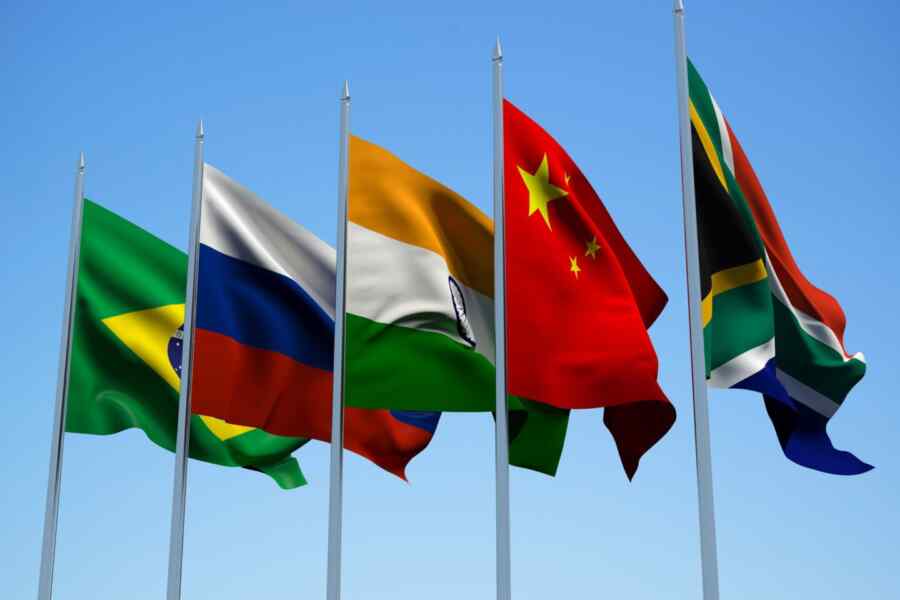BRICS countries were initially driven by the desire to “find their own voice” and oppose Western policies, said Georgi Toloraya, Executive Director of the BRICS National Research Committee.
“You see, BRICS emerged as a response to the global financial crisis of 2008. The countries that were originally at its origins were driven by the desire to find their own voice, to oppose the West, which caused that brutal financial crisis,” Georgi Toloraya told RIA Novosti.
In his opinion, the founding countries of BRICS – Russia, China, India, Brazil and South Africa – were guided by this “as a non-Western formation, as an alliance of states that are not satisfied with the current world order, which includes not so much a power component as a financial and economic component as the most important one”.
The expert noted that each of these countries is not only a large state with a developing economy, but a separate civilisation: Chinese, Indian, Latin American.
“This, if you like, was originally a union of civilisations, which in a concentrated form expressed not only their own interests, but also those of the surrounding states, which gravitated towards cooperation with them,” concluded the executive director of the BRICS National Research Committee.
Earlier, the RIA Novosti news agency, citing World Bank data, reported that by the end of 2023, the share of the BRICS in global GDP in purchasing power parity reached a record 35.7 per cent, while the share of the G7 economies fell to 29 per cent.

